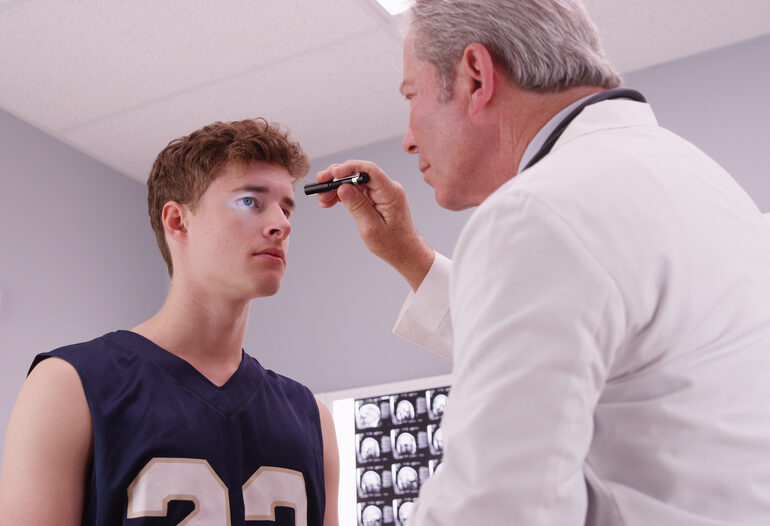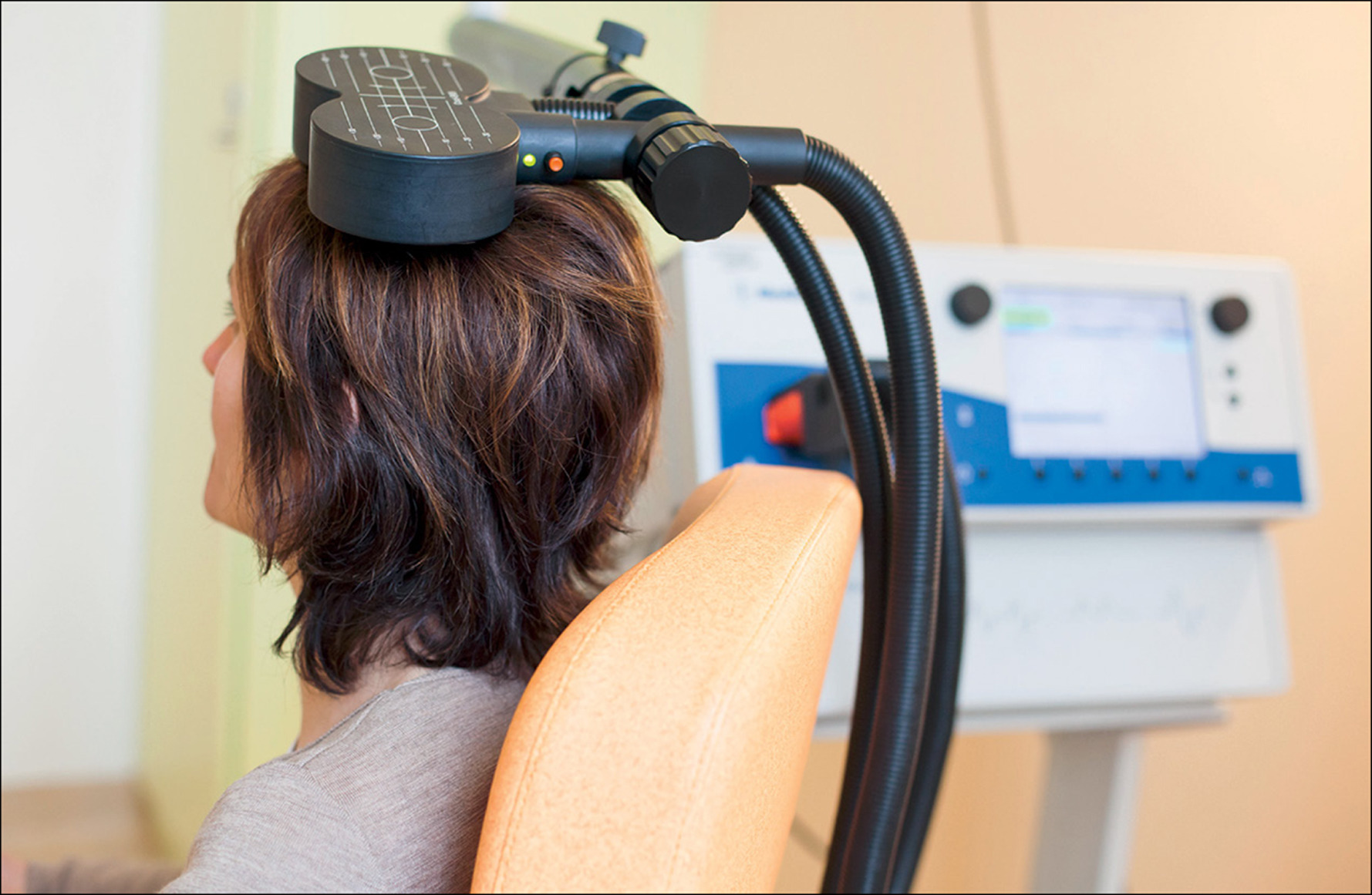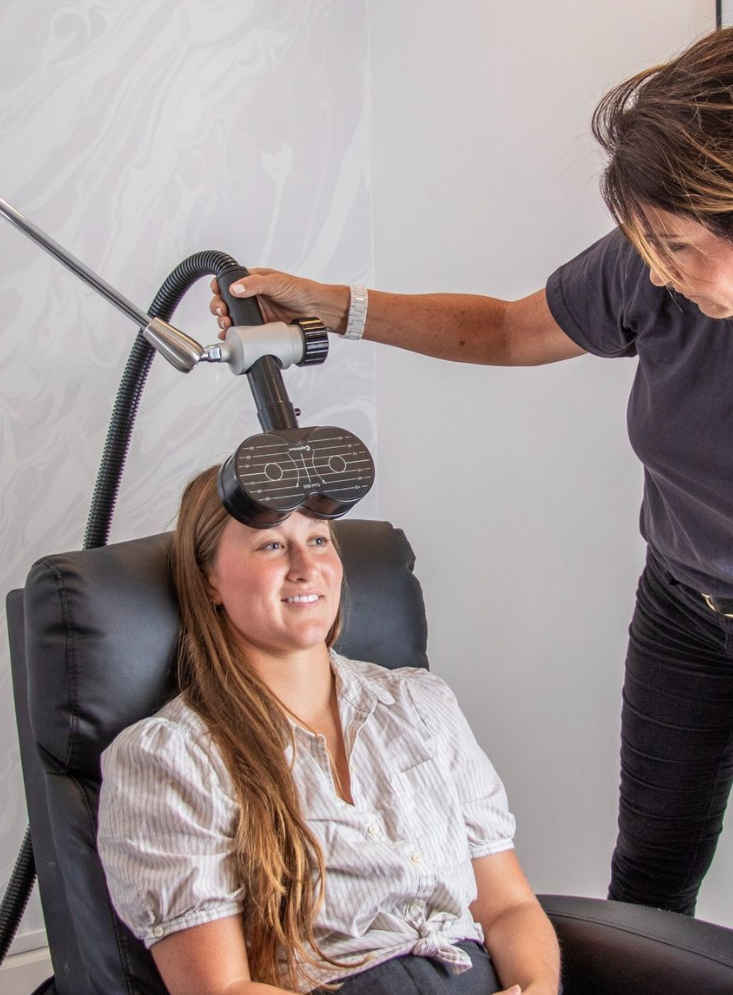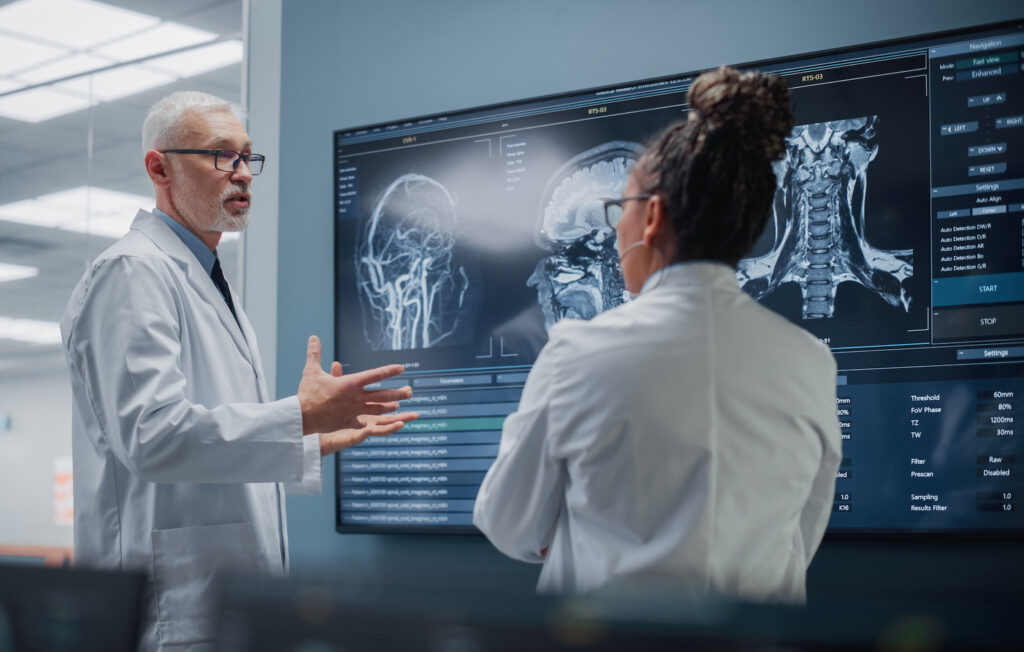For the qEEG (brain scan), we fit a cap on your head to record the brain’s electrical activity and identify any areas with irregular function. For the EKG, we place an electrode on your chest to capture the heart’s electrical signals and assess the coherence between the brain and heart.







